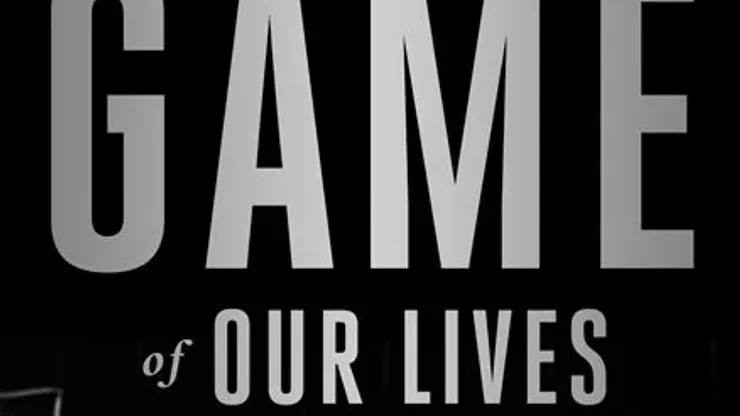It is difficult to describe in words what an outstanding storyteller and incomparable researcher David Goldblatt is. Following up on his remarkable works Futebol Nation and The Ball is Round, Goldblatt has tackled a topic few have managed to truly understand. – the emergence of soccer and the Premier League as a global window to the new more urbane and sophisticated (at least in theory) Britain. In this masterwork, Goldblatt has woven a motif of societal change, politics and geography into one work about the sport.
The changes in English society throughout the Thatcherite 1980s as well as the struggles between the industrial north and London are covered in vivid and great detail. How these changes led to the Premier League we know today and the dominance of the domestic game by clubs from London and Manchester is a critical element of the book. The changes that Manchester made as a city that Liverpool did not, allowed the former of the two Northwestern industrial giants to emerge in a service-based economy as a global city, something the later still strives for. The accumulation of wealth and global relevance of London allowed the club from the capital, who long played second-fiddle in the domestic game, to emerge as titans while their rivals to north outside Manchester all fell off from the heights of the past.
English soccer’s struggles with racism, sexism and homophobia are discussed by Goldblatt. For years, soccer served as a sanctuary for those with racist views and also for right-wing groups. Today, with the world watching English football, it puts forward a multicultural front but the reality is somewhat different. Black coaches still do not get a fair shake in the hiring process, women are the object of ridicule, and homophobia continues to be an issue. The crowds at most grounds are still overwhelmingly white, male and British — thus not reflective of the changes in larger UK society.
Political discussions between Thatcherism, as represented by the Tories, and Labour are intertwined extensively in every part of the book. Without understanding the political culture of the UK and the changes brought to the country by Margaret Thatcher, it is probably impossible to completely appreciate this work.
The struggles of Wales and Scotland, as both nations emerge into the 21st Century, are covered as well. These chapters are quite frankly less interesting than the ones that focus solely on England, but are also significant to the larger picture of the Premier League and its impact on Britain.
If I have one criticism of The Game of Our Lives, it would that it is too readable, too filled with important information and anecdotes that the reader finds themselves wanting to go back and cover old ground again because it was so interesting and enlightening.
It is with little hesitation that I recommend this as one of the best books about soccer and society in Britain ever written. It is a masterpiece that will create a frame of reference for generations to come as the Premier League’s global hegemony grows and British society becomes more and more globalized.
The Game of Our Lives is available from Amazon and all fine booksellers.
200+ Channels With Sports & News
- Starting price: $33/mo. for fubo Latino Package
- Watch Premier League, Women’s World Cup, Euro 2024 & Gold Cup
The New Home of MLS
- Price: $14.99/mo. for MLS Season Pass
- Watch every MLS game including playoffs & Leagues Cup
Many Sports & ESPN Originals
- Price: $10.99/mo. (or get ESPN+, Hulu & Disney+ for $14.99/mo.)
- Features Bundesliga, LaLiga, Championship, & FA Cup
2,000+ soccer games per year
- Price: $5.99/mo
- Features Champions League, Serie A, Europa League & Brasileirāo
175 Premier League Games & PL TV
- Starting price: $5.99/mo. for Peacock Premium
- Watch 175 exclusive EPL games per season






